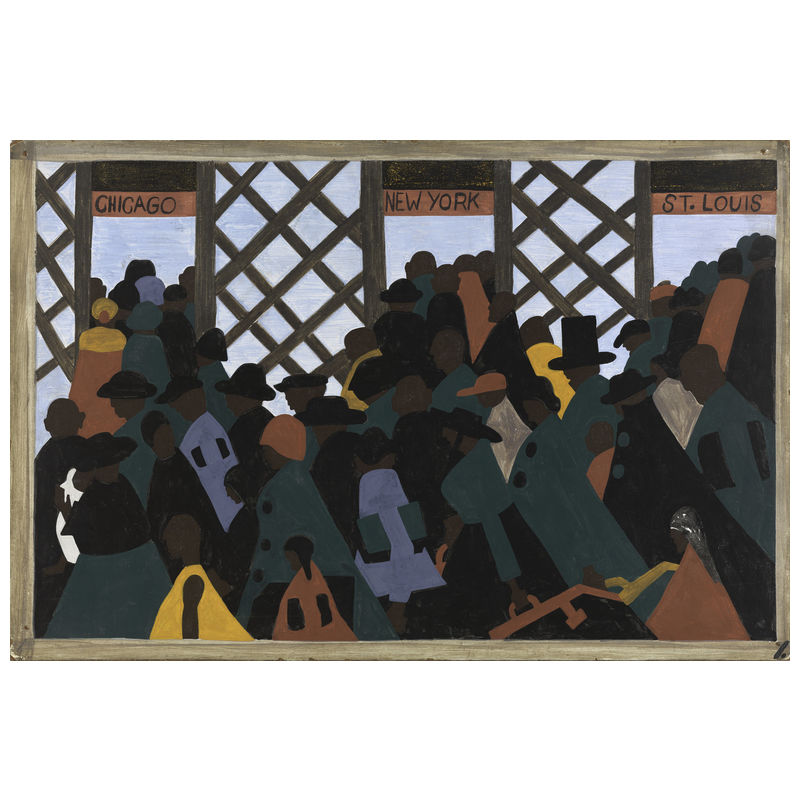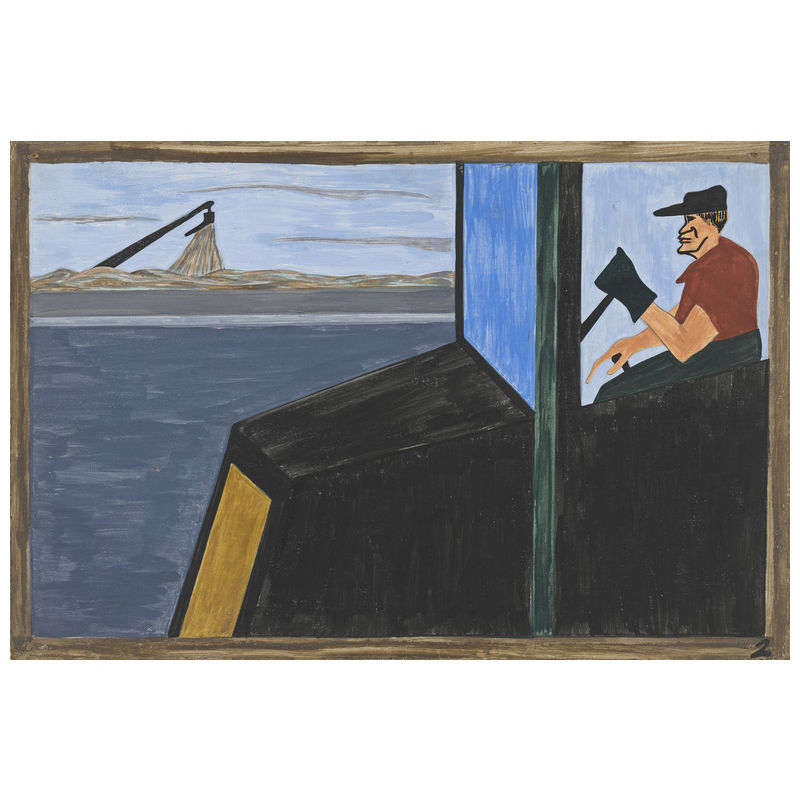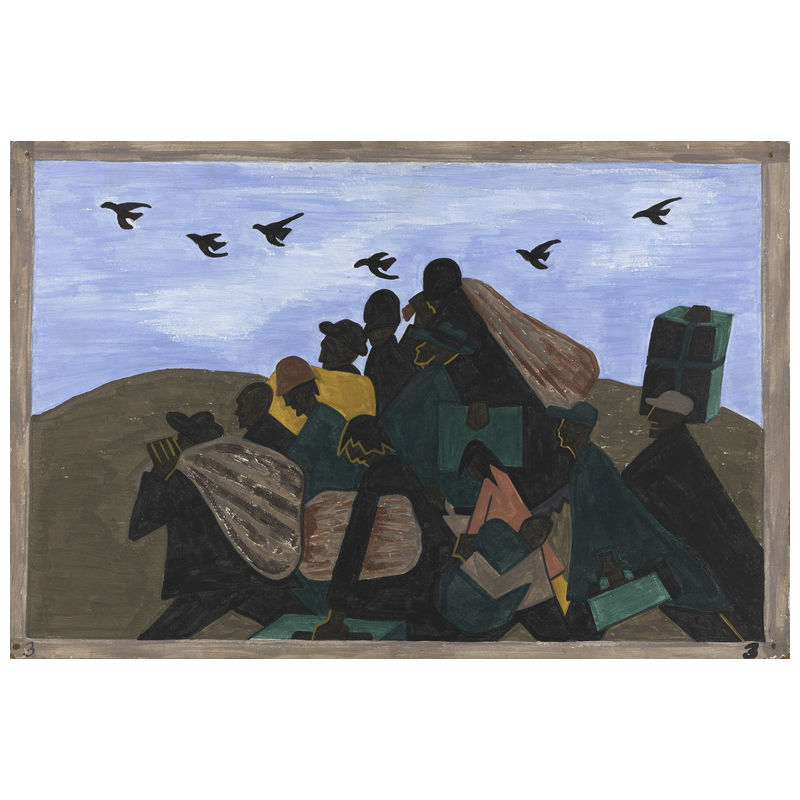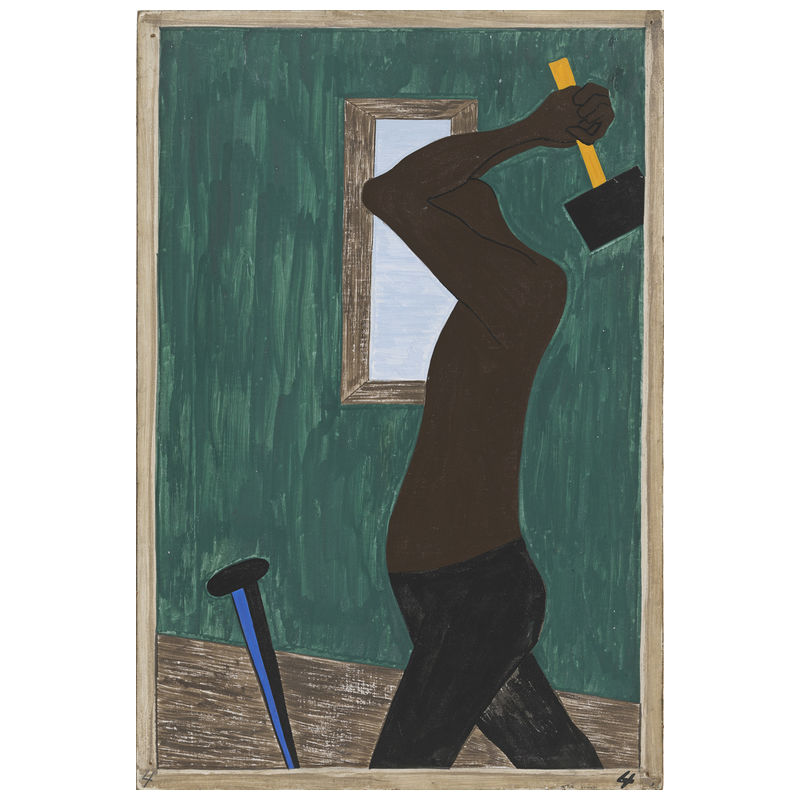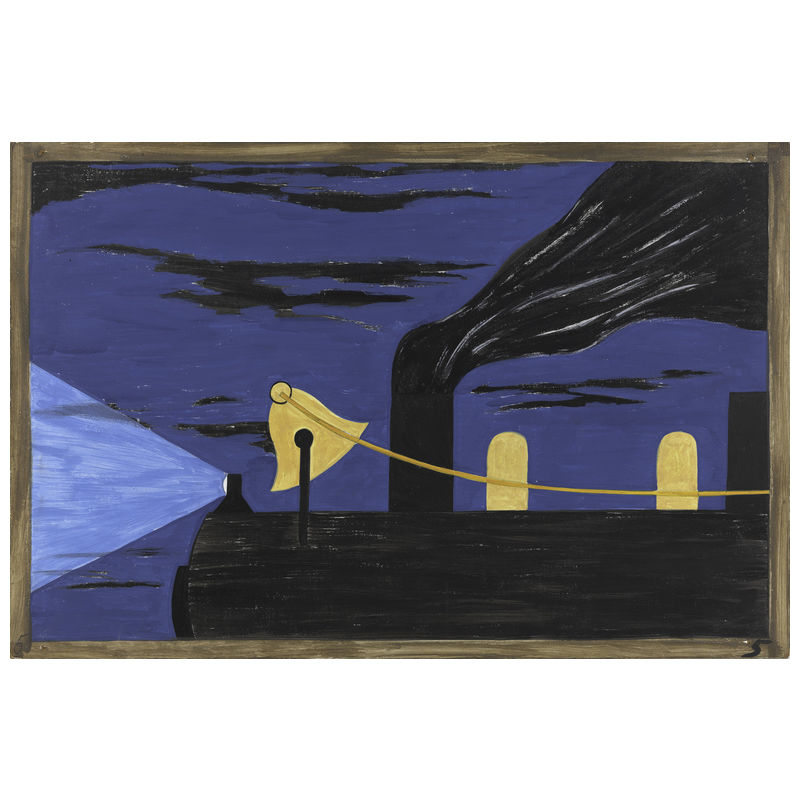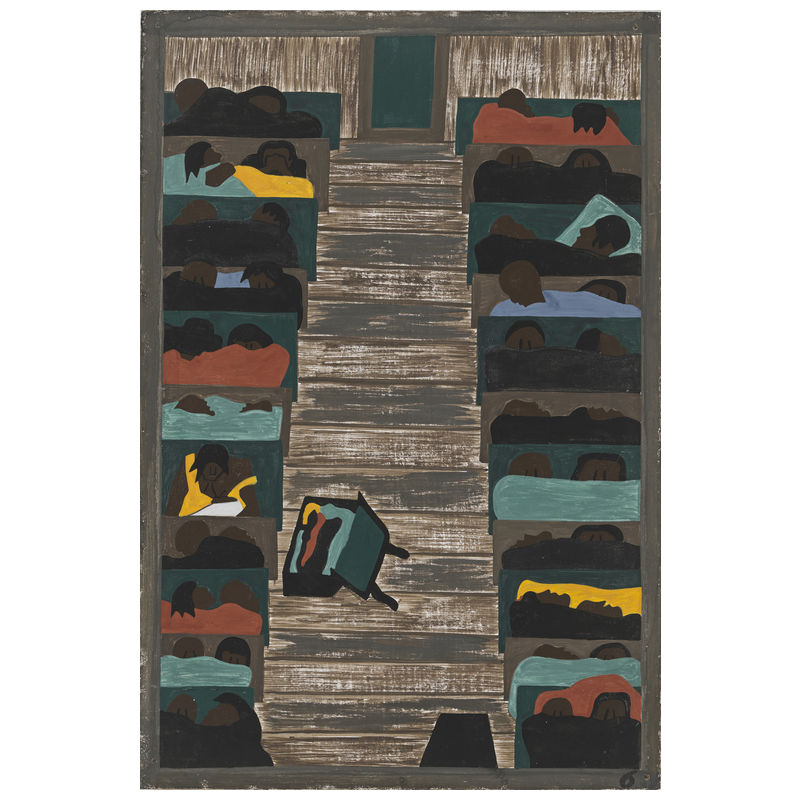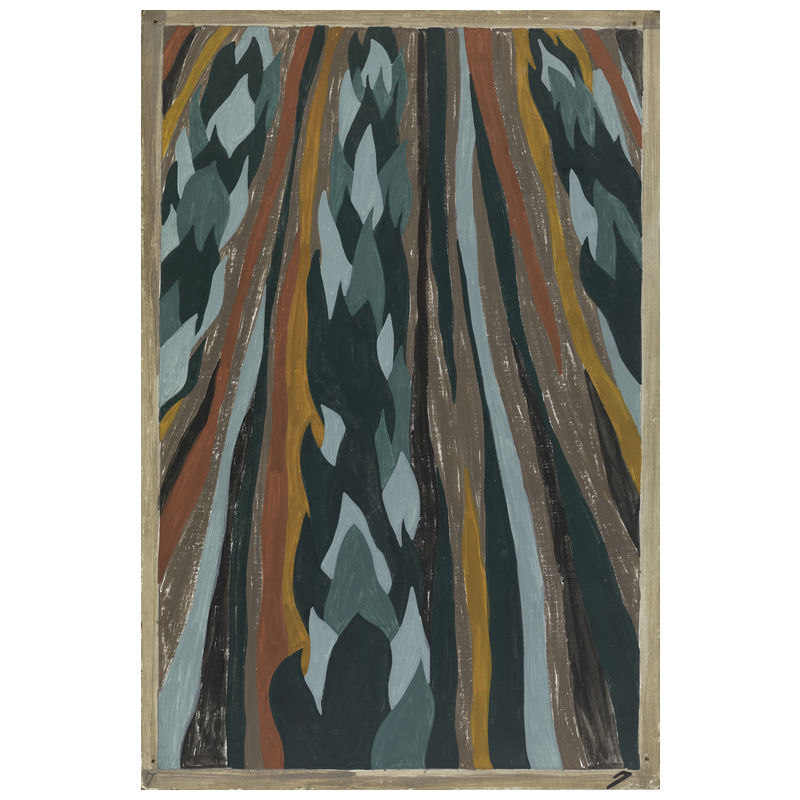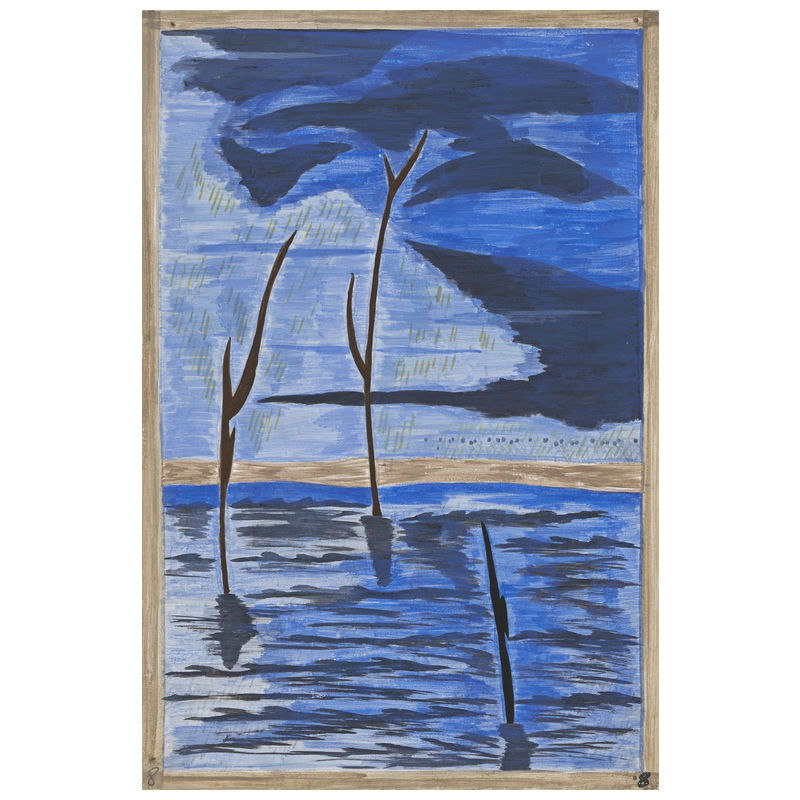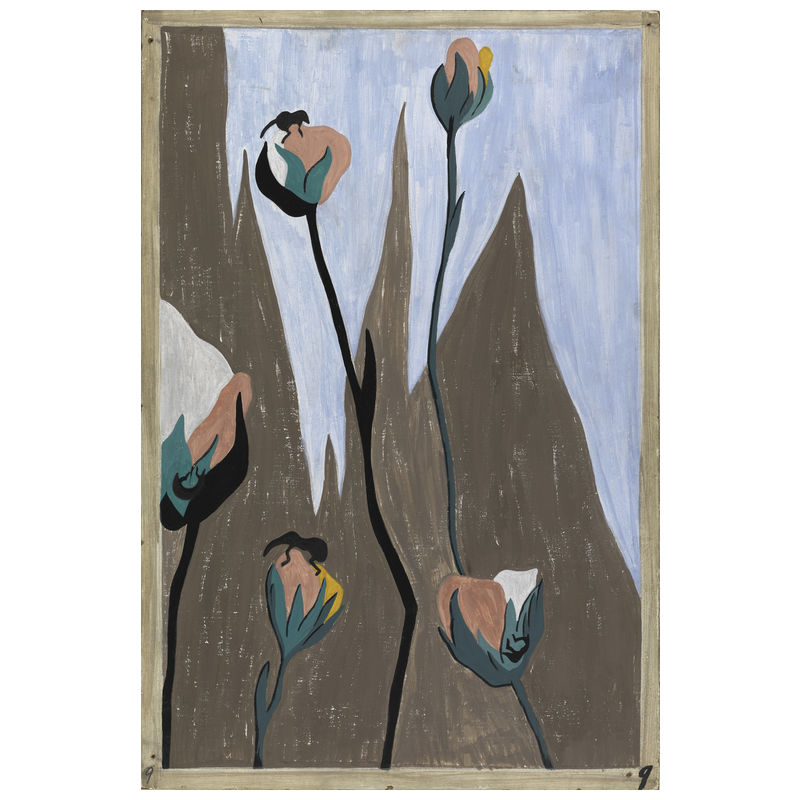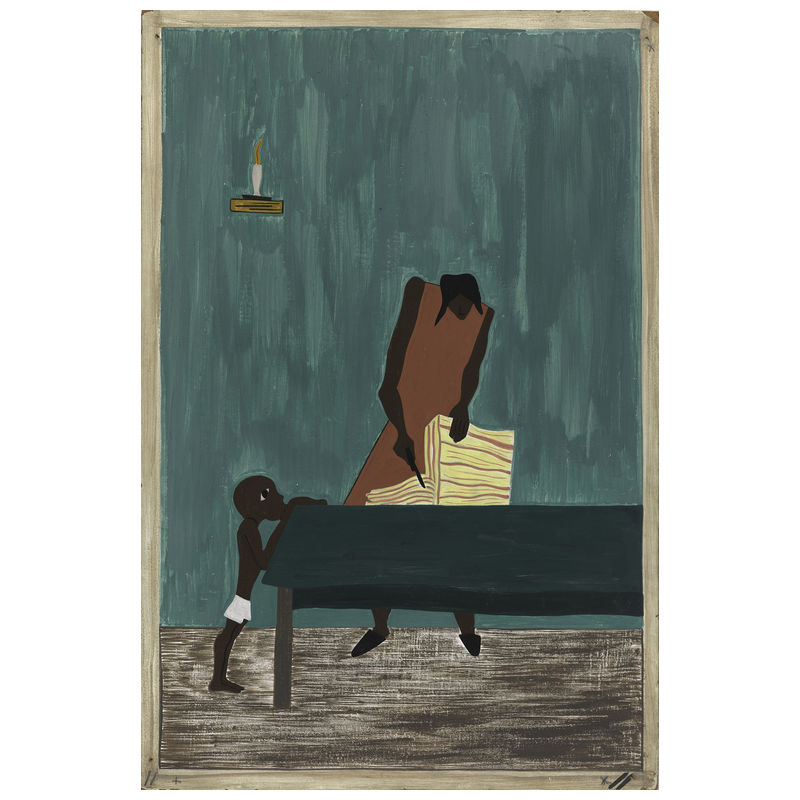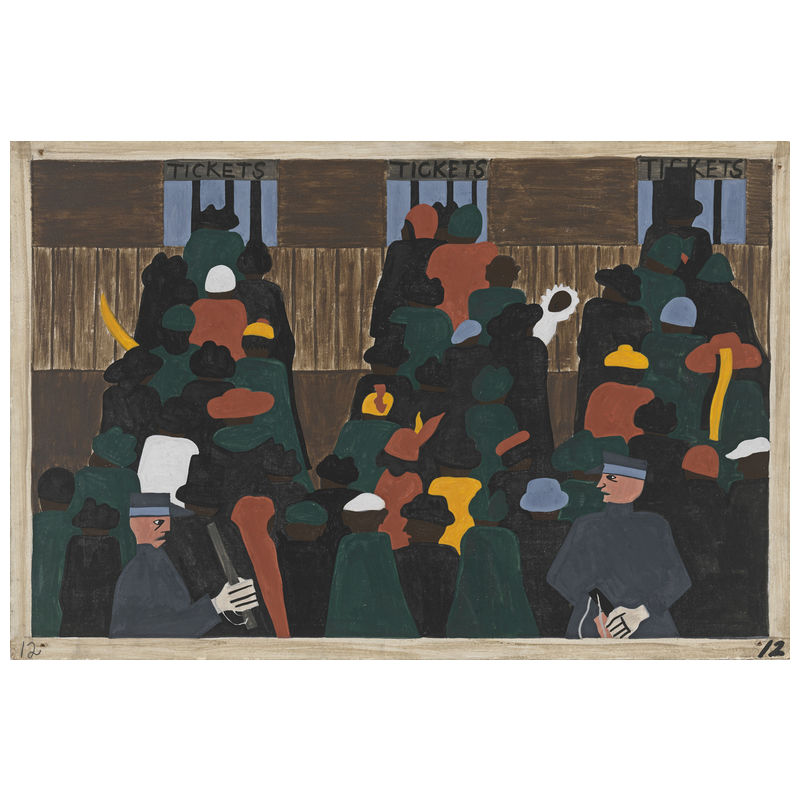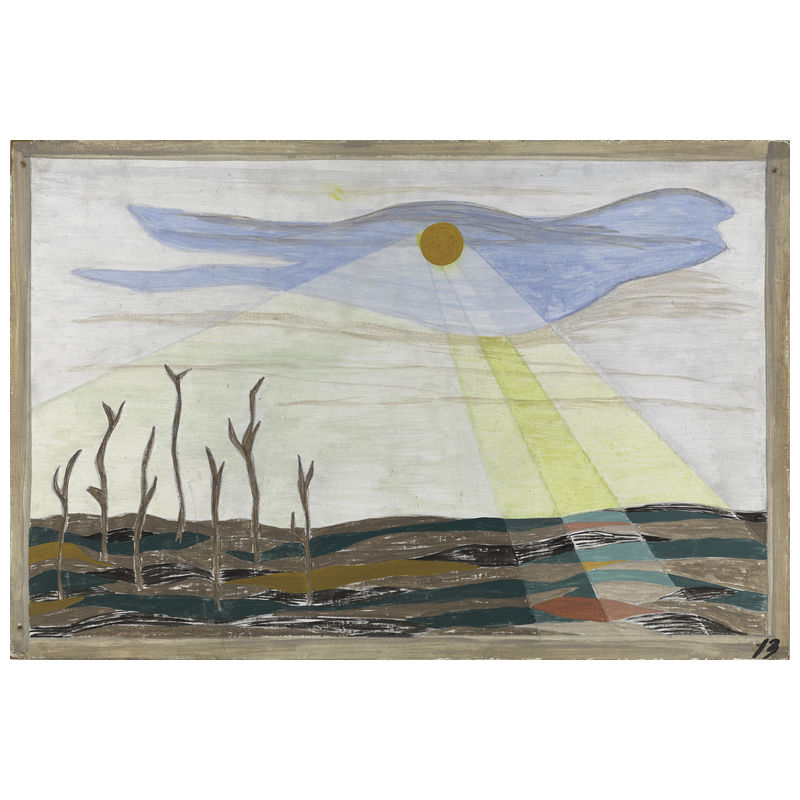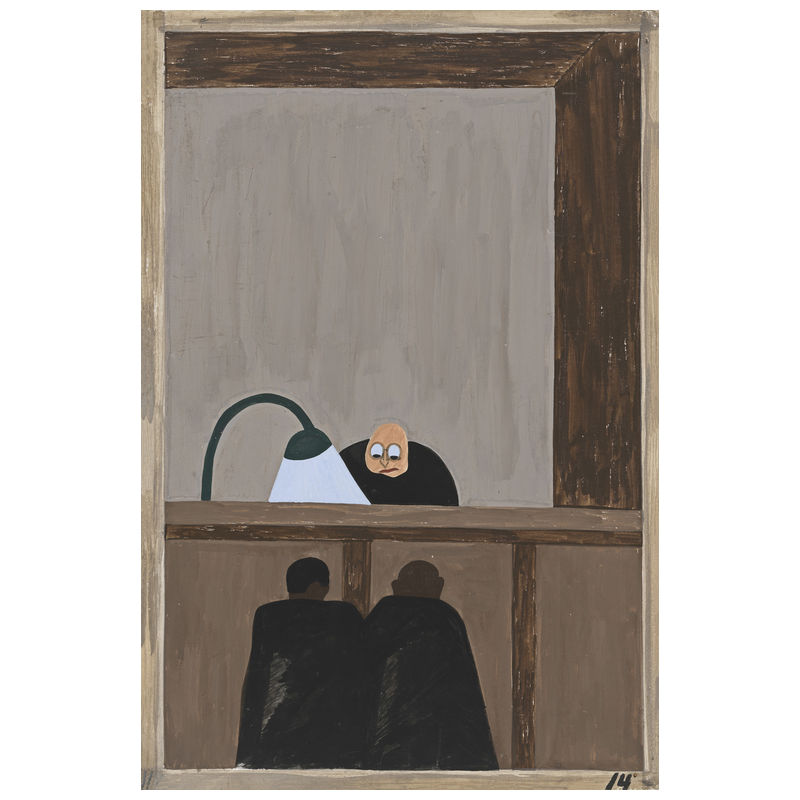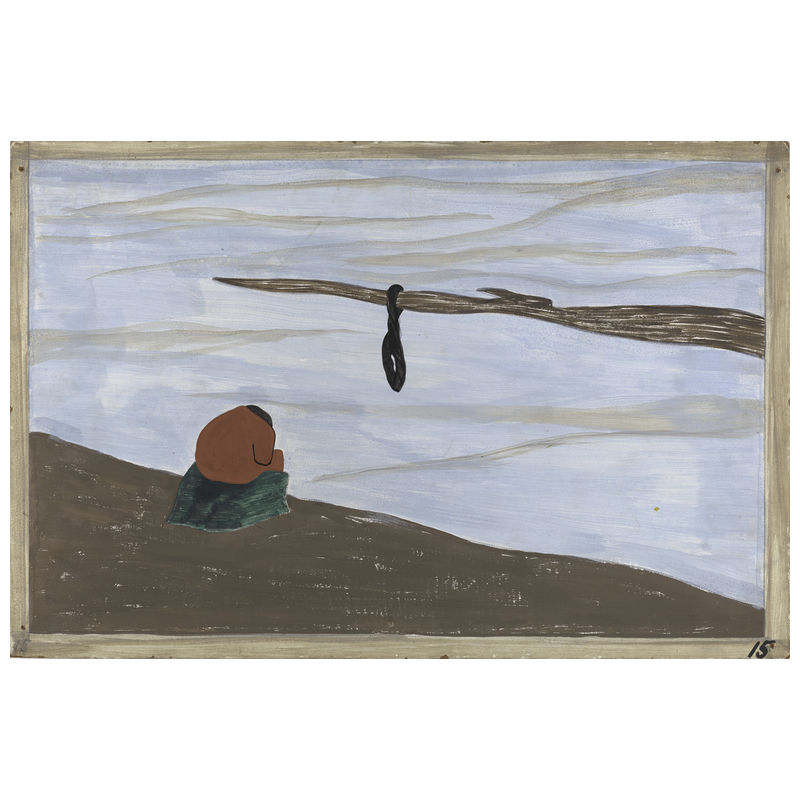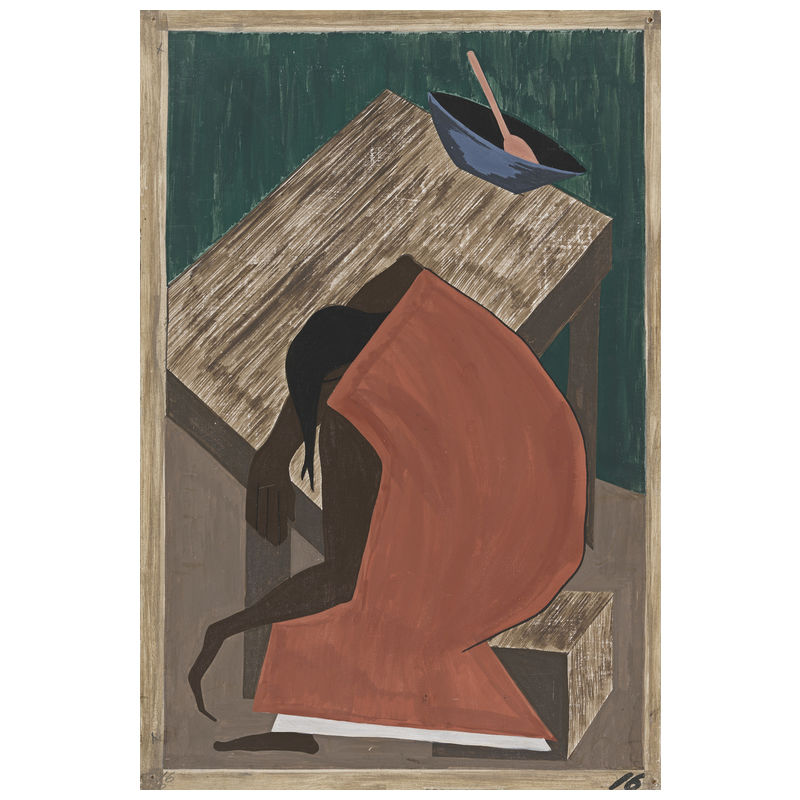Migration Panels
Jacob Lawrence’s Migration Series comprises 60 individual panels illustrating key aspects of the Great African-American Migration, which was in full swing as he created the series in 1941. Half of Lawrence’s presentation of this critical story is available at MoMA in New York City and half is available at the Phillips Collection in Washington DC.
Each panel is beautiful and important in its own right, but we are very pleased that we are able to present, and make available, the entire collection here in one place.

